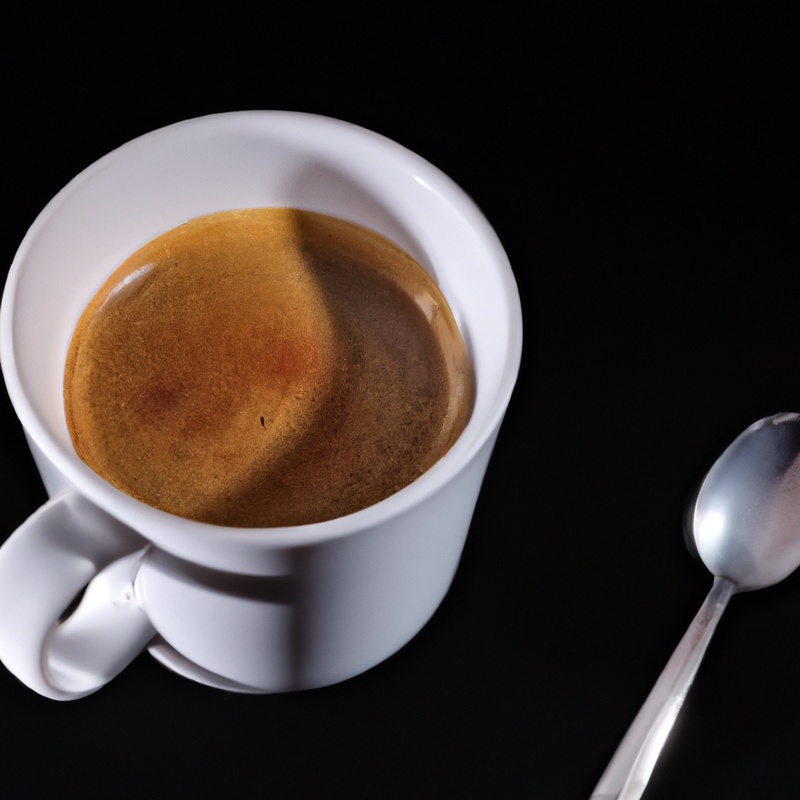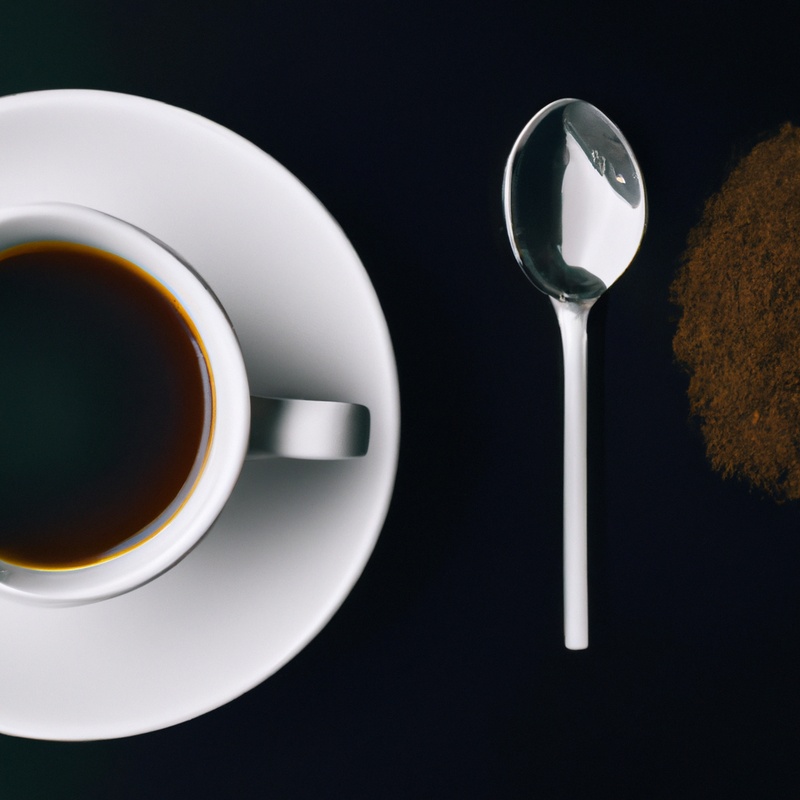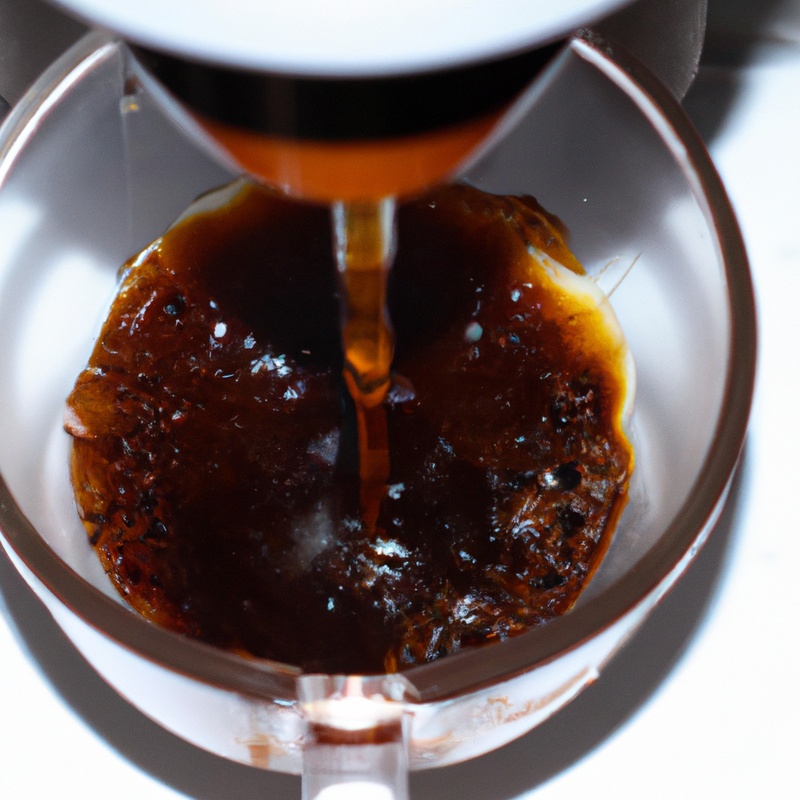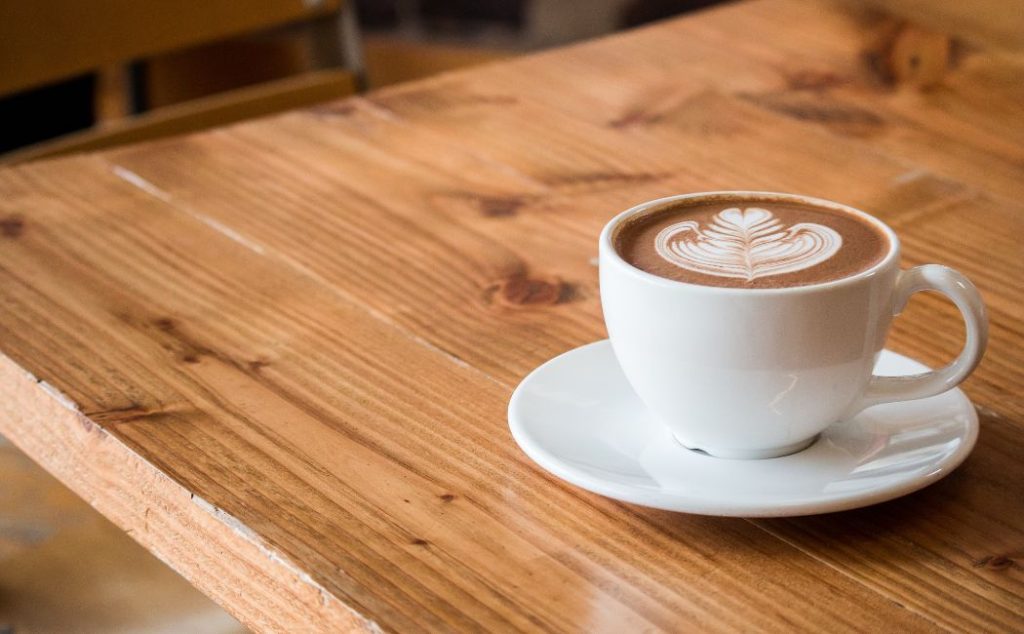Key Takeaways:
- Cold brew generally has more caffeine than traditional iced coffee.
- The higher concentration of caffeine in cold brew is due to the longer steeping time.
- The difference in caffeine content between the two can vary depending on the specific brewing methods used.
- Cold brew is known for its smooth and less acidic flavor profile compared to iced coffee.
Are you someone who relies on caffeine to kickstart your day?
Well, you’re not alone! The world of coffee enthusiasts is constantly buzzing with questions about caffeine content.
In this article, we’ll dive into the age-old debate: does cold brew or iced coffee pack more of a caffeine punch?
We’ll explore the key differences between these two beloved caffeinated beverages and shed light on their caffeine content.
Along the way, we’ll also reveal the factors that impact caffeine levels and help you decide which option is best for your caffeine-seeking needs.
So grab your favorite mug and let’s get brewing!
| Caffeine Content Comparison | |
|---|---|
| Caffeine Content | |
| Cold Brew | Higher |
| Iced Coffee | Lower |
Understanding Caffeine Levels in Cold Brew and Iced Coffee
Understanding the caffeine levels in cold brew and iced coffee helps you make informed choices about your caffeine intake.
What is Cold Brew Coffee?
Cold brew coffee is a method of brewing coffee that involves steeping coffee grounds in cold or room temperature water for an extended period of time, usually anywhere from 12 to 24 hours. This slow extraction process helps to reduce the acidity of the coffee, resulting in a smoother and less bitter taste.
The end result is a concentrated coffee concentrate that can be diluted with water or milk to create a refreshing and flavorful cold brew beverage.
It’s perfect for those who prefer a less acidic and less intense coffee flavor.

What is Iced Coffee?
Iced coffee is a refreshing beverage made by cooling brewed coffee with ice. It’s a popular drink, especially during hot summer months.
To prepare it, you can either brew a pot of coffee and allow it to cool or make it using cold brew methods.
Some people prefer adding milk, cream, or sweetener to enhance the flavor. Iced coffee is a great option for coffee lovers who want a cool and energizing drink.

The Caffeine Content in Cold Brew Coffee
Cold brew coffee generally has higher caffeine content than regular hot brewed coffee.
This is due to the longer steeping period, which allows for more extraction of caffeine from the coffee grounds.
However, the exact caffeine levels can vary depending on the type of coffee beans used and the brewing method.
It’s always a good idea to check the caffeine content on the packaging or consult the barista to know the specific caffeine amount in your cold brew coffee.

The Caffeine Content in Iced Coffee
The caffeine content in iced coffee can vary depending on factors such as the type of coffee beans used, brewing method, and serving size.
On average, an 8-ounce (240 ml) serving of iced coffee contains about 95 milligrams of caffeine.
However, it’s important to note that this can range anywhere from 60 to 120 milligrams.
If you’re looking for a stronger caffeine kick, you may want to opt for cold brew, which typically has a higher caffeine content.
Factors That Affect Caffeine Levels in Cold Brew and Iced Coffee
The caffeine levels in cold brew and iced coffee can vary due to several factors.
Here are some things that can affect the caffeine content:
- Brewing Method: The brewing process for cold brew involves steeping coffee grounds in cold water for an extended period, resulting in a higher caffeine extraction. On the other hand, iced coffee is made by brewing hot coffee and then cooling it, which may result in a lower caffeine concentration.
- Coffee Beans: Different types of coffee beans have varying caffeine levels. The type of bean used for brewing cold brew or iced coffee can impact the caffeine content.
- Brew Time: The duration of the brewing process can affect caffeine levels. Longer brew times for cold brew may lead to more caffeine extraction, whereas shorter brew times for iced coffee may result in lesser caffeine concentration.
- Dilution: Cold brew is often diluted with water or other liquids, which can further impact the caffeine concentration. Similarly, when preparing iced coffee, the addition of ice or other ingredients can dilute the caffeine content.
Remember, these factors can contribute to the differences in caffeine levels between cold brew and iced coffee.
Does Cold Brew or Iced Coffee Have More Caffeine?
Cold brew generally has more caffeine than iced coffee.
This is because cold brew coffee is made by steeping coffee grounds in cold water for an extended period of time, which allows for a higher extraction of caffeine.
On the other hand, iced coffee is made by brewing hot coffee and then cooling it down with ice.
Since the brewing process for iced coffee is quicker, it usually has less caffeine.
However, the exact caffeine content can vary depending on factors like the type of coffee beans used and the brewing method.
How Does the Brewing Process Impact Caffeine Content?
The brewing process plays a significant role in determining the caffeine content of your coffee.
Here’s how it impacts it:
- Extraction Time: The longer the brewing process, the more time there is for caffeine to be extracted from the coffee grounds. This means that methods like French press or espresso tend to have higher caffeine content compared to drip coffee.
- Water Temperature: Hotter water extracts caffeine more efficiently than cooler water. So, if you brew your coffee using boiling water, it will have a higher caffeine content compared to cold brew or iced coffee, which use cold or room temperature water.
- Coffee-to-Water Ratio: Using a higher ratio of coffee grounds to water increases the overall caffeine concentration in your brew. If you prefer your coffee strong, you’ll likely have more caffeine per serving.
- Bean Type and Roast: Different coffee beans and roasts naturally contain varying amounts of caffeine. Darker roasts may have slightly less caffeine than lighter roasts due to the longer roasting process.
Keep these factors in mind when brewing your coffee to control the caffeine levels to suit your preferences.
Serving Size and Caffeine Intake
Serving size plays a role in caffeine intake. Cold brew coffee often has a higher caffeine content due to its brewing process.
However, the actual caffeine intake depends on how much you consume.
If you drink a larger serving of iced coffee, you may end up consuming more caffeine than a smaller serving of cold brew. It’s important to be mindful of the serving size and your personal caffeine tolerance when choosing between the two.
Which Coffee Option is Best for Caffeine Seekers?
If you’re a caffeine seeker looking for that extra jolt of energy, I recommend going for cold brew coffee.
Cold brew tends to have a higher caffeine content compared to iced coffee.
The slow extraction process used in making cold brew allows for more caffeine to be extracted from the coffee grounds.
So, if you’re looking for a coffee option that will give you that caffeine kick, go for cold brew.
Frequently Asked Questions (FAQs)
Frequently Asked Questions (FAQs):
1. Which has more caffeine, cold brew or iced coffee?
Cold brew generally has more caffeine than iced coffee because it is made using a longer brewing process that extracts caffeine more efficiently.
However, the caffeine content can vary depending on factors like the type of beans used and the brewing method.
2. Is cold brew less acidic than regular coffee?
Yes, cold brew is usually less acidic than regular coffee.
The longer steeping process of cold brew extracts fewer acids from the coffee grounds, resulting in a smoother and less bitter taste.
3. Can I heat up cold brew?
Yes, you can heat up cold brew if you prefer a warm beverage.
Simply heat it on the stove or in the microwave, but make sure not to boil it.
Heating cold brew may change the flavor profile slightly, but it’s still a great option if you want a hot coffee alternative.
4. How long does cold brew last in the refrigerator?
Cold brew can typically last for up to two weeks when stored in an airtight container in the refrigerator.
However, its flavor may start to deteriorate after the first few days, so it’s best to consume it within the first week for optimal taste.
5. Can I dilute cold brew with water or milk?
Absolutely! Cold brew can be diluted with water, milk, or any other liquid to adjust the strength and flavor according to your liking.
Experiment with different ratios until you find your perfect balance.
6. Does decaf cold brew exist?
Yes, decaf cold brew is available.
It is made using decaffeinated coffee beans, which undergo a process to remove most of the caffeine.
While it may still contain trace amounts of caffeine, it is considered a great alternative for those looking to reduce their caffeine intake.
7. Can I make cold brew at home?
Definitely! Making cold brew at home is easy and cost-effective.
You’ll need coarsely ground coffee, water, and a container.
Simply combine the coffee and water, let it steep in the fridge for 12-24 hours, then strain and enjoy your homemade cold brew.
8. Does cold brew taste different from iced coffee?
Yes, cold brew and iced coffee have distinct flavor profiles.
Cold brew is known for its smooth, less acidic taste, while iced coffee retains more of the coffee’s natural acidity.
Preference for one over the other ultimately comes down to personal taste.
Final Verdict
Understanding the caffeine levels in cold brew and iced coffee can help coffee enthusiasts make an informed choice.
Cold brew coffee is made by steeping coffee grounds in cold water for an extended period, resulting in a smoother and less acidic flavor profile.
Iced coffee, on the other hand, is brewed using hot water and then cooled down before being served over ice.
The caffeine content in cold brew coffee tends to be higher due to the prolonged steeping time, while iced coffee typically contains less caffeine.
Factors such as bean type, brewing process, and serving size can also affect the caffeine levels in both beverages.
Ultimately, for those seeking a higher caffeine fix, cold brew coffee is the way to go.
However, it’s important to note that individual tolerance and sensitivity to caffeine can vary, so it’s best to listen to your body and consume in moderation.
